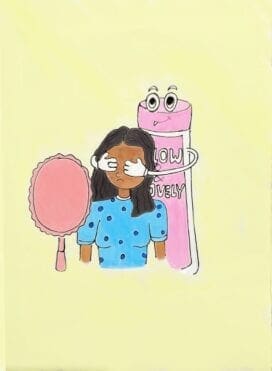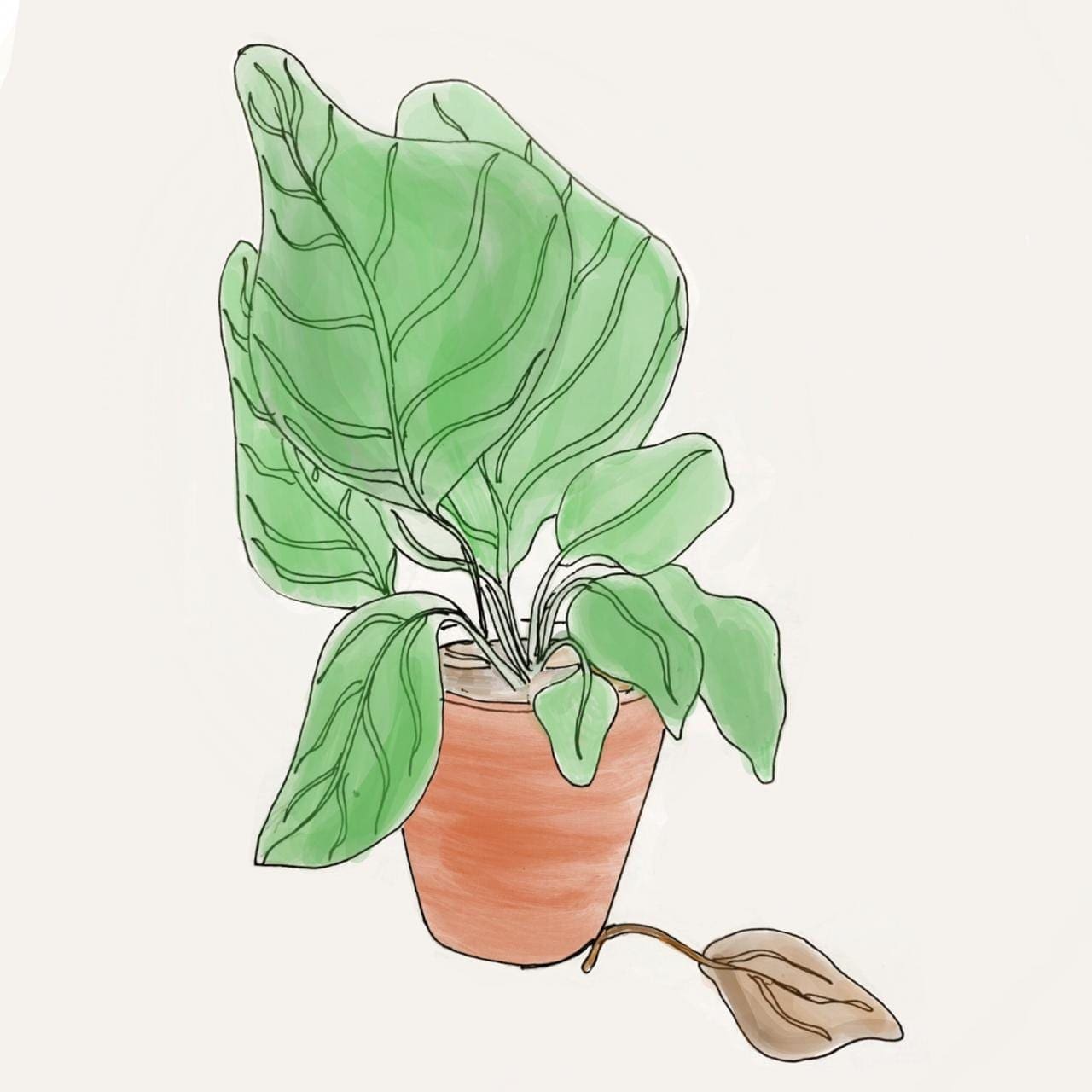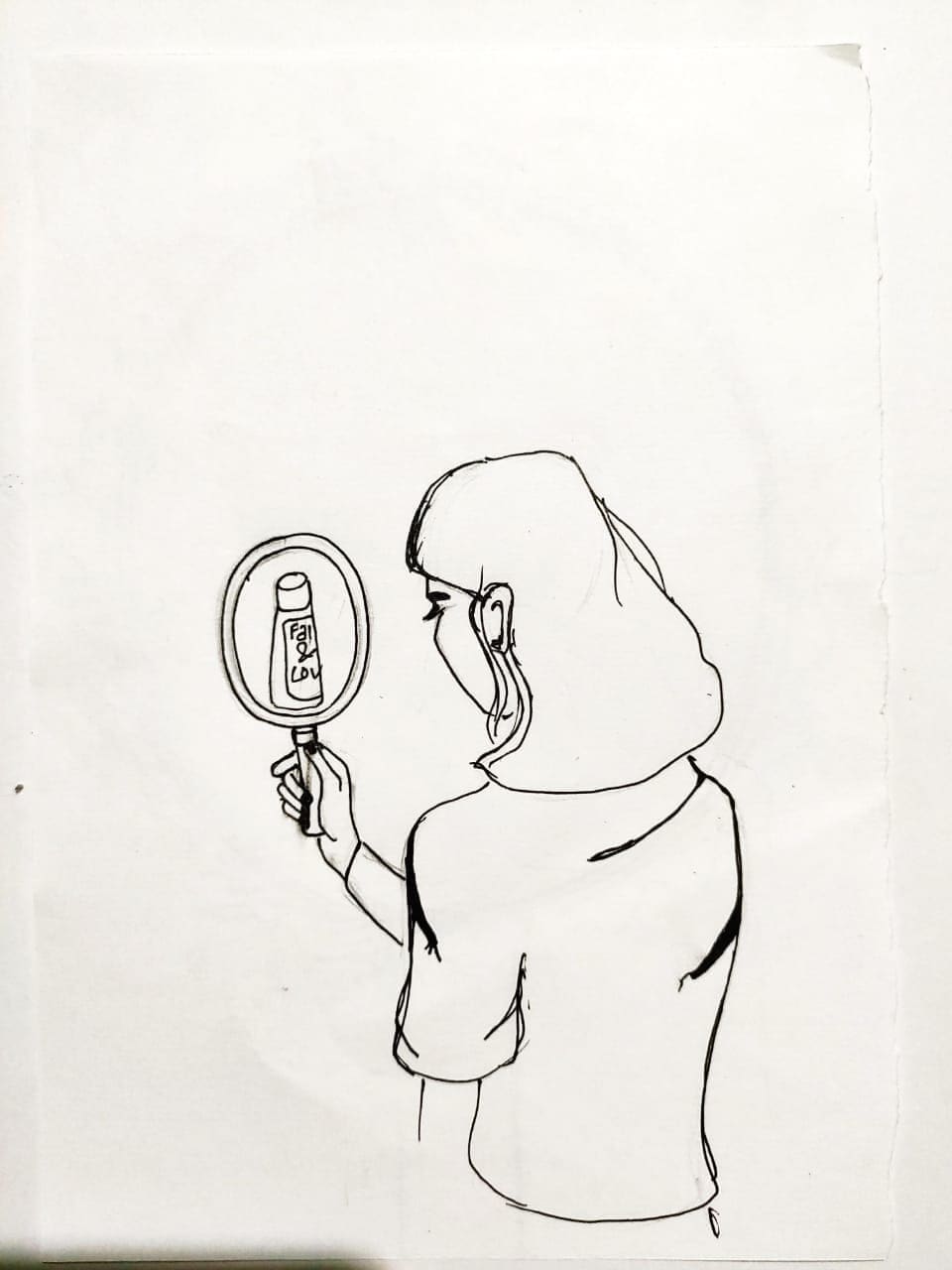
Colorism and Life
From the young age of 6-7, I was bullied and ostracised by my classmates. My bag was thrown away from the bench I was sitting on, I had no friends, and I was treated like a nobody. I used to fight those “friends” of mine almost every day, and I tried my best to be strong. It was challenging to survive in school; I would often look for excuses to skip school, so I don’t have to go through bullying in my classmates’ hands. I used to go home and cry to my Maa.

The reason for all this was my skin-tone or my skin-color. My skin-shade is on the darker side of the brown, and people tried to make me feel inferior because of it. All my life, I’ve been told that I was not beautiful because I’m dark and continuously advised to lighten my skin-tone by using fairness creams and given an n-number of homemade remedies (gharelu nuske) for the same.
I’ve been called names like kaali, crow, and made fun of by saying I wouldn’t be visible if I were in a dark room and that my teeth would “appear” to white due to my complexion. I’ve also been told that I would have been prettier if I was fairer, that my skin color restricts my “charms and attractiveness.” Everybody around me pulled me down for my skin color. I still stood strong for a very long time, but this vicious trap got me.
I was conscious about myself for a long time resulting in my confidence falling drastically. I didn’t feel like myself at all. I started thinking that maybe (MAYBE?!) if I get fairer, then I’ll have friends, be confident (again), more successful in the future (yes, the fair & lovely advertisement, I’m talking about you) and feel like myself, again.
As Indians, the idea that being fair is beautiful is instilled in us so that we automatically admire fair people and find darker people “ugly.” We reject them without even knowing their capabilities.

Bollywood lyrics like “o goriya,” “gori gori,” etc. contribute to or are a product of the notion that “white is beautiful.” We see our favorite Bollywood stars promoting multiple fairness cream and agents that will make you appear fairer than usual. There is virtually no representation of dark skin actors and actresses in mainstream media despite their talents.
In a recent Instagram post, Suhana khan, the daughter of Shah Rukh Khan, talked about how she faced colorism in India, how everybody made her feel inferior just because of her skin-shade.
View this post on Instagram
People were quick to point out that her father was promoting a fairness cream brand for the money, instead of supporting her for speaking out on the harassment she faced.
Can’t we appreciate the fact that she stood up to speak for herself about what she thought was wrong? This is the problem that we, as a society, have. We find it easier to blame than to accept. This has been embedded in our minds that “the fairer, the better.”
Colorism and Colonization
Where are this bias and prejudice coming from? Many of the deities we worship like Maa Kaali, Vishnuji, and his avatars and Shivji are dark, then why do we consider black or darker skin shade as “bad”?
Our colonization by the British and their imposition of European beauty standards is partly to blame for this. Ever since India was colonized, People with fairer skin-shade were treated better and given better opportunities while people with darker skin-shade were treated poorly. As Indians, we should not turn down on our people because of something as simple and natural as skin color.
I still get many comments on my skin-shade and attempts to pull me down, but I try to be strong because I’m proud of my skin color, and I’m much more than that, and I’ll let everyone who tries to pull me down know that too. We’re conditioned in a way that, for us, “the fairer, the prettier” has become a real thing. The British left after 1947, but their propaganda of oppression and colorism still exists, and we’ve become a part of it. And nobody else can end this, nobody but us.

About the Author – Diya Manikpuri is a first-year BA student at Manipal Institute of Communication. Mending gaps and building bridges, I have come a long way. With the mast now up high I am ready to sail far, far away.
Edited by Diya Nayak


Be the first to comment